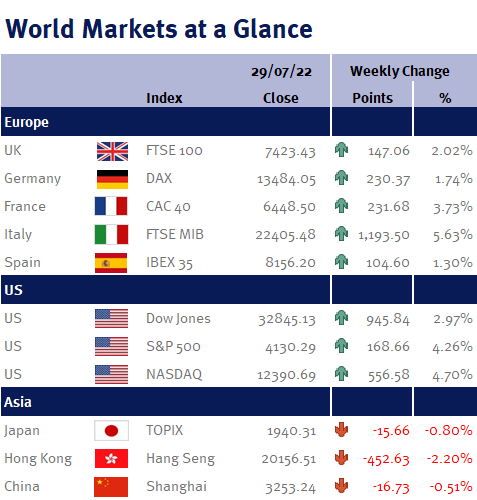The main focus for global financial markets this week was the Fed’s monetary policy meeting – and unsurprisingly given recent comments from policymakers, the central bank increased US interest rates by 0.75%.
However, the real interest to us was Jay Powell’s comments in the accompanying press conference – and thankfully we weren’t found wanting as it was everything we wanted and more.
The Fed chair accepted that the US economy was slowing and said that another “large” interest rate increase would only occur if inflation data wasn’t showing signs of slowing.
More importantly, Jay Powell acknowledged that the full effect of the Fed’s previous interest rate increases have not fully fed through yet – and this recognition clearly highlights to us that the Fed policymakers don’t want to be known as ‘the fools-in-the-shower’.
‘The fools-in-the-shower’ is a Milton Friedman analogy where a person gets burnt by hot water after they turn the hot water all the way up given the shower water initially came through cold – i.e. policymakers don’t want to aggressively increase interest rates without taking into account the impact of their previous increases.


